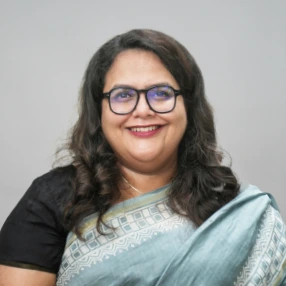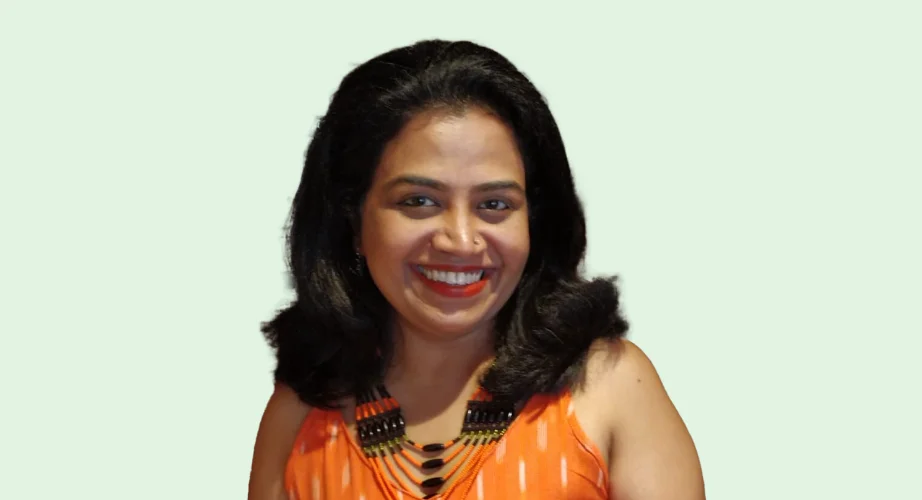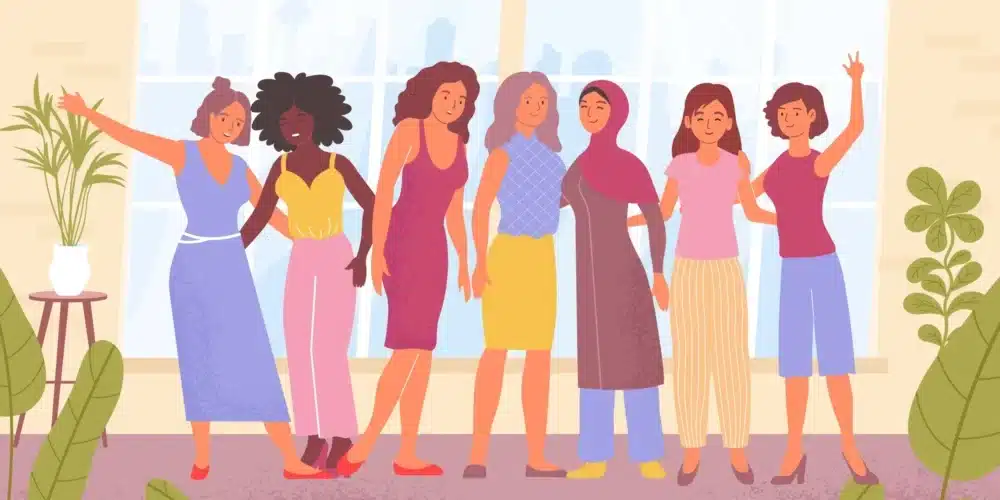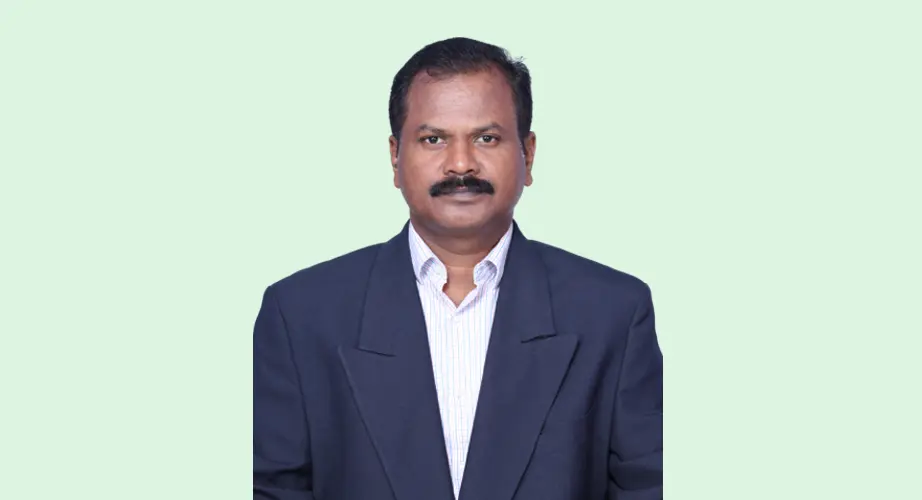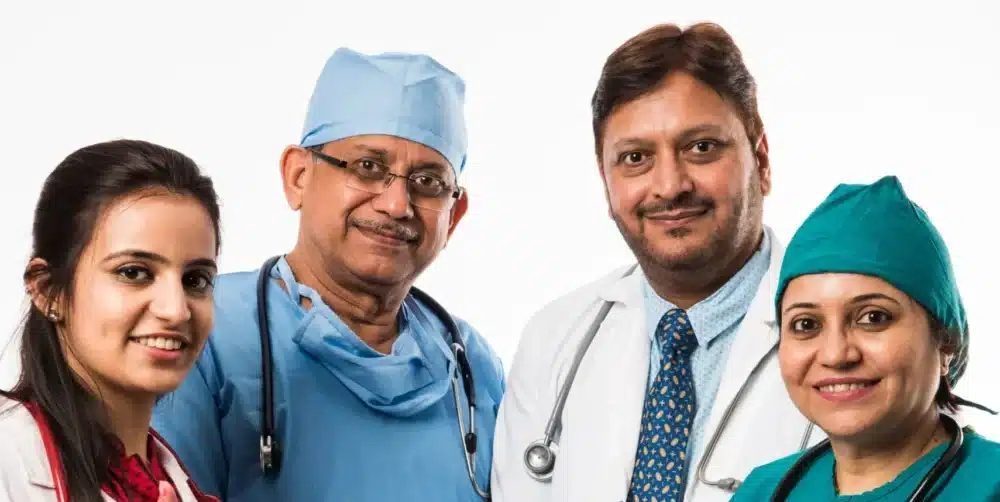Vaccines are your best friend!
Vaccines have save 154 million lives in 50 years; yet misinformation continues to demonise it.
Author
Author
- admin / 9 months

- 0
- 3 min read
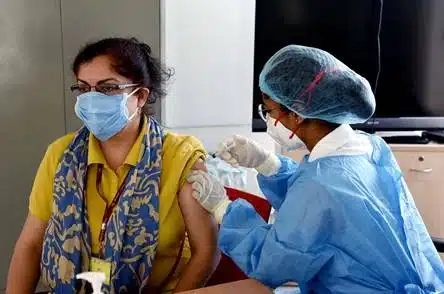
Author
154 million lives in 50 years.
6 lives. Every minute. Every day. For 5 decades.
That is the number of lives saved by vaccines, according to the World Health Organization (WHO). Yet even today, there are many who are hesitant and even outright refuse to take the life-saving shots, because misinformation about safety concerns, side effects and efficacy of vaccines.
The dangers of health-related misinformation was also brought to the forefront in many of the sessions and during the various conversations I had at the World Health Summit Regional Meeting held in Delhi too. Speaking at one of the sessions, the Chief of the Indian Council of Medical Research, Dr Rajiv Bahl, said that COVID showed us that “even if you have an effective vaccine, people may not take it.” Dr Bahl and others also spoke of how their attempts at finding an effective immunisation against tuberculosis and dengue were also impacted by this vaccine hesitancy.
To mark World Immunisation Week, I caught up with Dr Soumya Swaminathan, the former Chief Scientist of the World Health Organization, on the sidelines of the event to talk about vaccines. One of the first things she mentioned when asked about the importance of immunisation, is that “there’s less belief or trust (in vaccines), or the faith in vaccine sometimes is being questioned,” and that we need to remind ourselves of the number of lives it has saved.
It is very disheartening that despite the evidence, vaccine hesitancy and misinformation regarding vaccines still exist, with some people questioning its safety, efficacy and even need. The CEO of a prominent company, had (falsely) linked shorter lifespans with vaccines recently.
And this can have real consequences too. The US is witnessing one its worse cases of the measles outbreak in decades, with many pointing to the platforming of anti-vaccine scepticism by those in power as a driving force behind it.
This is why First Check has been consistently fact-checking the persistent misinformation regarding vaccines; because we are acutely aware of the dangers that these claims can pose. It is no easy task either; like a hydra-headed monster, each time we debunk a false claim related to vaccine, another seems to pop up.
However, for us, this only underlines how important the work we do is. Access to credible and verified health information is the first step towards building a healthy society making informed choices. And we will continue doing this.
Because as always. Health Matters. Facts Matter.
And yes! I am happy to hear from you!





